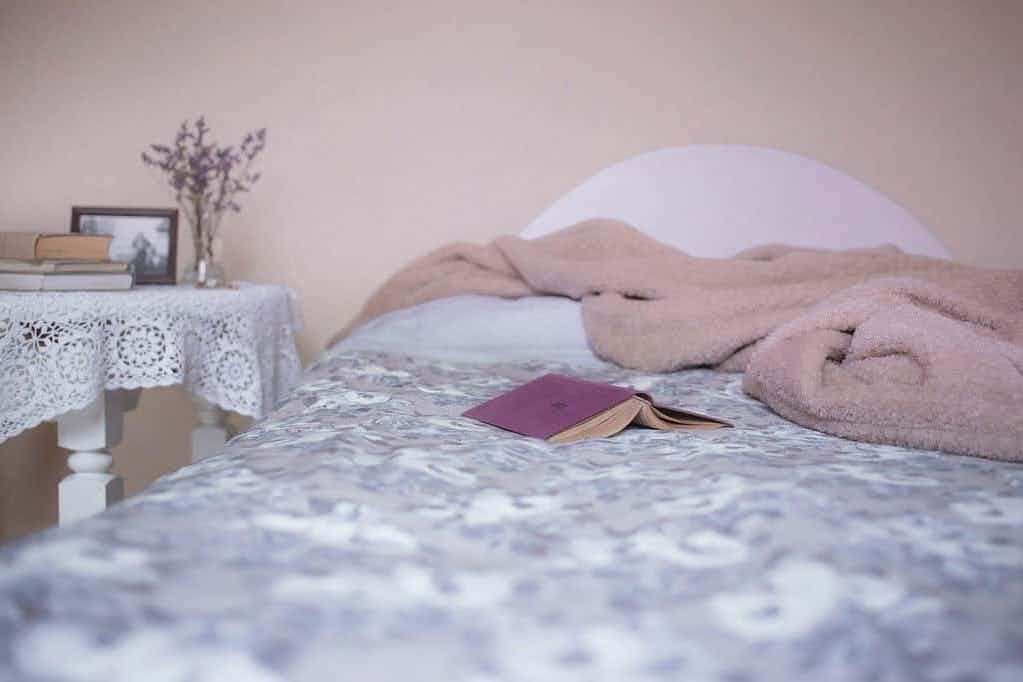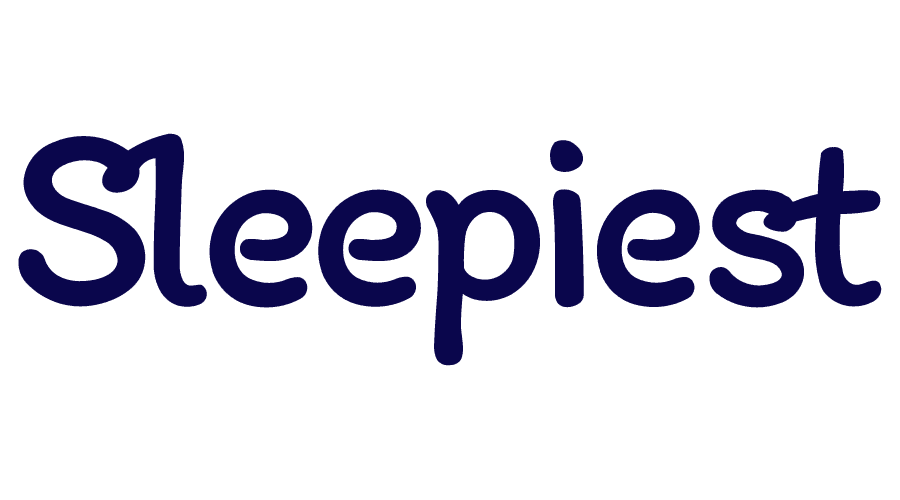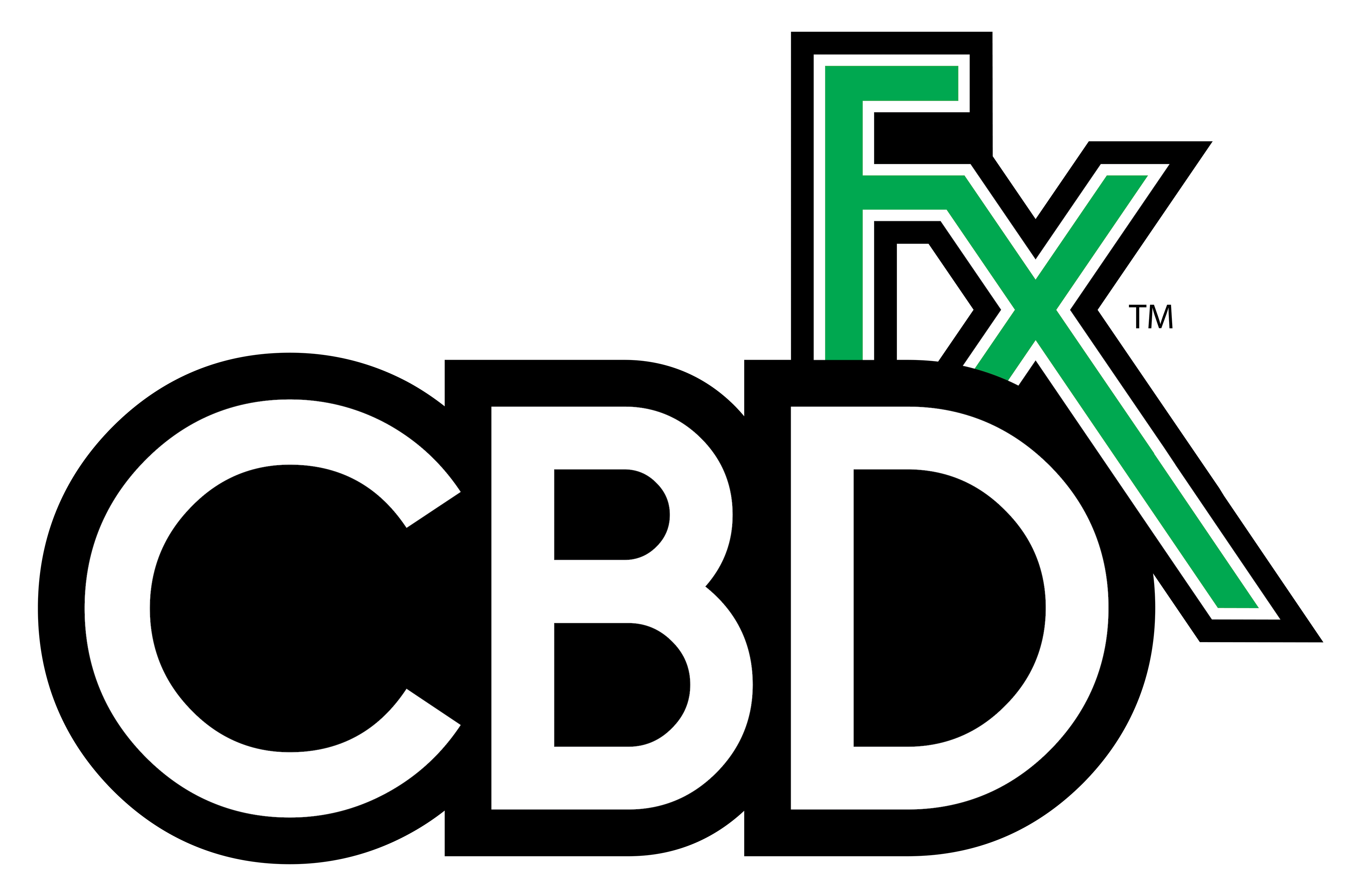Sleep is one of the most crucial aspects of living a healthy life, yet it is something many of us overlook. People boast about how little sleep they live on, but the reality is that sleep provides numerous health benefits. In this article, we will be looking at what to eat for a better night’s sleep.
Why is Sleep Important?
There are many benefits of sleeping well, and of course, many consequences of having a bad night’s sleep. Studies have shown that consistently bad sleep can lead to reduced testosterone levels in men. Sleep can also lead to increased calorie consumption by affecting the hormones that control appetite and satiety.
Mood and cognition can also be improved or worsened depending on how much sleep you get, and studies have shown that extended sleep (10 hours or more) can actually improve athletic performance significantly.
Should You Eat Before Going to Sleep?
Eating before you go to bed isn’t always a great idea, a large meal or one that is hard to digest could actually end up keeping you awake! It may cause heartburn or other annoying distractions that can affect sleep quality.
Not to mention the fact that extra calories could lead to weight gain. Being overweight can seriously affect sleep quality. Making matters worse, impaired sleep quality is also linked with obesity, creating a vicious cycle. So, make sure that these extra night time calories fit into your daily allowance.
What to Eat for a Better Night’s Sleep?
Certain foods are associated with improved sleep quality. They all have one thing in common; they contain an amino acid called Tryptophan.
Tryptophan has been shown to help improve sleep quality. It does this by increasing serotonin. The problem is that in supplement form, tryptophan can increase serotonin and therefore sleep quality. However, in food, it does not appear to produce the same results.
As one study puts it:
“Although purified tryptophan increases brain serotonin, foods containing tryptophan do not.”
The theory is that because foods that contain tryptophan also contain larger quantities of other amino acids, they tend to negate the effects of tryptophan.
Luckily, there appears to be a workaround.
If you combine your tryptophan food source with a carbohydrate, insulin is released, which seems to block off competing amino acids. This allows tryptophan to cross the blood-brain barrier and increase serotonin.
What does this mean for you?
If you want a better night’s sleep, then you will need to consume a small meal that combines foods rich in tryptophan with a carbohydrate source. Sounds complicated, but it is remarkably simple when put into practice.
Five Meals for Better Sleep
As we have mentioned, you want a combination of foods that contain tryptophan and carbohydrates. So here are five meals or snacks you can have before bed to improve your sleep quality.
Meal #1 Cheese Sandwich
Most websites talk about cottage cheese as an excellent pre-bed snack, but have you ever tried it? Awful stuff. Cheddar cheese is an excellent source of tryptophan, and the carbohydrates in the bread will help your body create more serotonin.
Alternatively, you could go for cheese and crackers. They may be a bit lighter and easier to digest. Wash it down with a glass of milk for a high tryptophan meal.
Meal #2 Peanut Butter on Toast
Nuts are another common addition to lists of foods that contain tryptophan, but again, they’re not a great carbohydrate source. 100g of nuts contains 21g of carbs, but 54g of fat! As fat is much higher in calories, a 100g serving of nuts is 600 calories.
Nut butters (peanut butter being the most well-known) are also high in calories. Still, they can easily be spread on toast to bump up that carbohydrate total. Meaning you can use less peanut butter and save yourself some calories.
Meal #3 Roast Chicken or Turkey Sandwich
It’s a bit of a toss-up between chicken and turkey when it comes to tryptophan content. But both are high in protein and go well in sandwiches. As usual, the bread helps to increase the carbohydrate total, making it easier to fall asleep.
Meal #4 Smoked Salmon and Cream Cheese Bagel
Oily fish is a fantastic source of tryptophan, while also having many other health benefits, like being an excellent source of vitamin D and omega-3 fatty acids.
But how likely are you to start eating some mackerel before bed? A smoked salmon and cream cheese bagel on the other hand? Not only is this more enticing, but it also provides more tryptophan from the cream cheese and an excellent carb source in the bagel.
Meal #5 Protein Powder Mixed with Greek Yoghurt and Oats
A simple whey protein shake would be perfect here. But we're talking about meals here, and a protein shake isn't one.
Luckily, Greek Yoghurt is an excellent source of tryptophan, and oats are an excellent source of carbohydrates.
Protein powder is not only a good source of tryptophan, but also great for muscle recovery after a workout. So, if you’ve exercised during the day, this last meal is probably your best option.
Final Thoughts
Any of the five meals listed above will help you to sleep better. They are also excellent sources of protein. However, whether these meals are a good idea depends on your current diet and weight loss goals.
If you are looking to gain weight, they are perfect. If you are looking to maintain weight, then they can be useful, provided you consume a little less during the day.
However, if you are overweight or obese, then an extra meal before bed is not a good idea. Why consume extra calories?
If you are struggling to fall asleep, then you may want to consider supplementing with tryptophan. It works just as well, if not better than dietary changes, as we mentioned earlier.
Nicole Ratcliffe from Baby 2 Sleep told Health Times: "If you feel hungry before bed, you could try eating fruits such as bananas or cherries. Bananas are high in tryptophan, along with magnesium and potassium which are helpful for muscle relaxation.
"Cherries contain melatonin which is the sleep hormone which aids sleep. Melatonin is only produced 1-2 hours before bedtime and only releases in dimmer lighting, hence my earlier suggestion. You would have to eat a lot of cherries for it to have an effect, but you can buy cherry juice from health food shops which can also help if taken regularly.
"It is very easy to get caught in the trap of poor sleep and poor mental health, and in a lot of cases it can be quite difficult to fix one without working on the other. Depression or anxiety can make it more difficult to fall asleep and stay asleep, and the less sleep you get the worse your mental health becomes, and the cycle continues. I am not saying a good night’s sleep will fix all your problems, but it can only help make managing them that bit easier."
Another option would be to look at improving your sleep hygiene. This means having a proper bedtime each night, and avoiding phones, tablets, and television for 30 minutes before you sleep. Getting the right temperature for your room can also help, as can increasing your daily activity levels.
Curbing your caffeine intake in the afternoons and evenings will also help you sleep better; something to think about as well as what you eat!
Cara Treadwell, Sleep Coach at The Sleep Method, told us: "Consuming too much caffeine close to bedtime suppresses our bodies ability to produce the sleep inducing hormone melatonin. Aim to go caffeine free after midday for a more restful nights sleep and don't forget caffeine can be found in chocolate too!"









